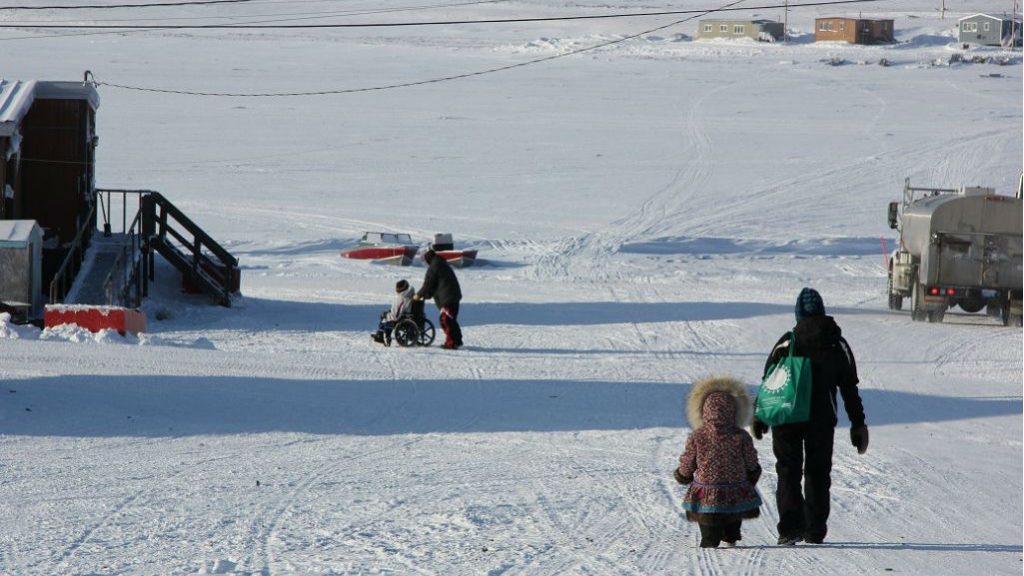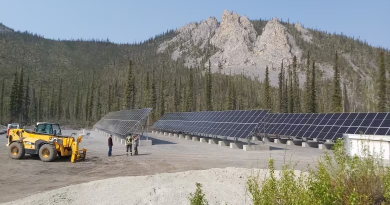25 research projects to receive $10.8m funding from Canadian Arctic science network

Twenty-five research projects are set to receive funding from a Canadian northern research network to better understand the climate, geopolitical and societal challenges in the Arctic.
ArcticNet’s scientific director, Philippe Archambault, said the research priorities, established by northern communities, will make sure the projects reflect the needs and realities of people living in the North.
“This round of projects represents a new era for ArcticNet, where bridging and leveraging diverse knowledge to better understand and prepare for a changing Arctic is a core value for the organization,” Archambault said in a statement.
“We are confident these new projects will highlight multidisciplinary Canadian science excellence and lead the world in Arctic research.”
The network is awarding $10.8 million over three years through its Partnered Research Program, with additional support from Génome Québec and Polar Knowledge Canada.
The funding will support work focused on the environment, infrastructure, health, energy and the economy.
Collaboration key to research outcomes
ArcticNet says one of the strengths of the projects is fostering collaboration with Indigenous and northern partners and combining academic, local, and Indigenous knowledge.
Some of the topics to be investigated include permafrost thaw, ocean health, intergenerational knowledge sharing, and the connections between environmental conditions and well-being.
The network said this will give communities important data to help drive decisions around sea ice loss and food security.
Community members will also be trained and participate in environmental monitoring and stewardship.
Génome Québec contributed $800,000 to support projects using omics which allows investigation into biological systems and cells.
“Genomics offers a powerful lens to better understand the Arctic’s complex ecosystems,” Josette-Renée Landry, the organization’s president and CEO, said.
Polar Knowledge Canada also contributed $1.9 million to fund projects such as studying northern ecosystems and how environmental change affects community health.
“The results of these funded research projects will play an important role in decision making and adaptation in the context of rapid change, and improve economic opportunities, environmental stewardship and the quality of life of both the residents of the Canadian Arctic, and all other Canadians,” David Hik, chief scientist at Polar Knowledge Canada, said.
This is the first round of funding since ArcticNet became part of the federal Strategic Science Fund in 2024. The proposal for this funding was developed in partnership with Inuit Tapiriit Kanatami, the national Inuit organization in Canada, and other northern organizations.
Comments, tips or story ideas? Contact Eilís at eilis.quinn(at)cbc.ca
Related stories from around the North:
Canada: Beluga Summit brings together hunters and researchers in Inuvik, N.W.T., CBC News
Greenland: Greenland drone research could help better predict ice loss, Eye on the Arctic



